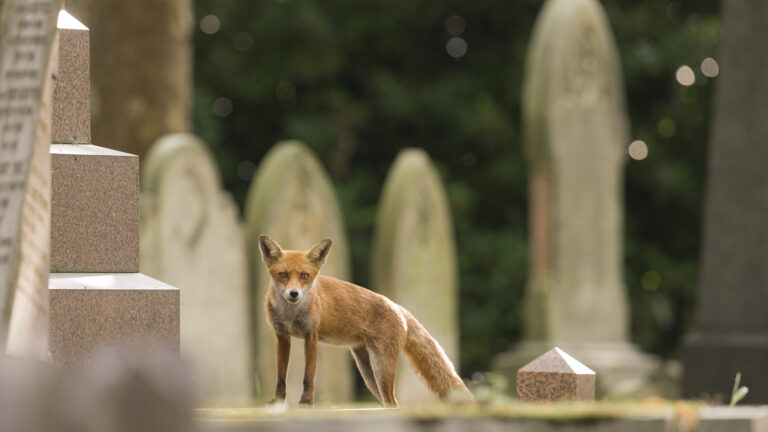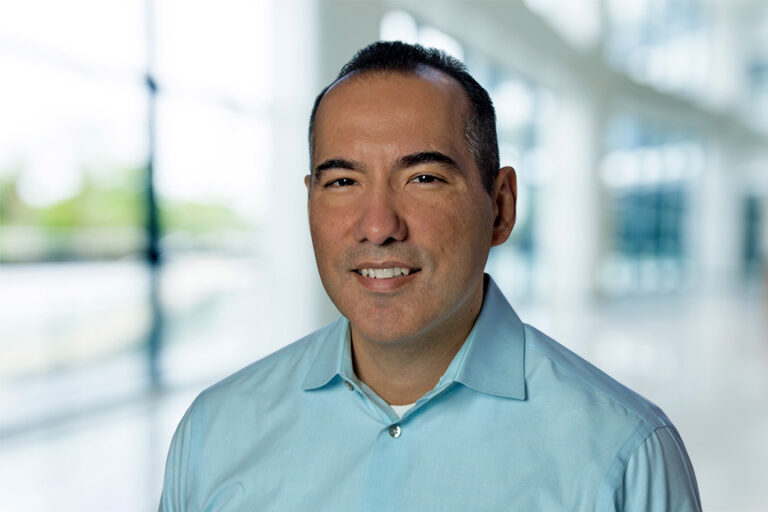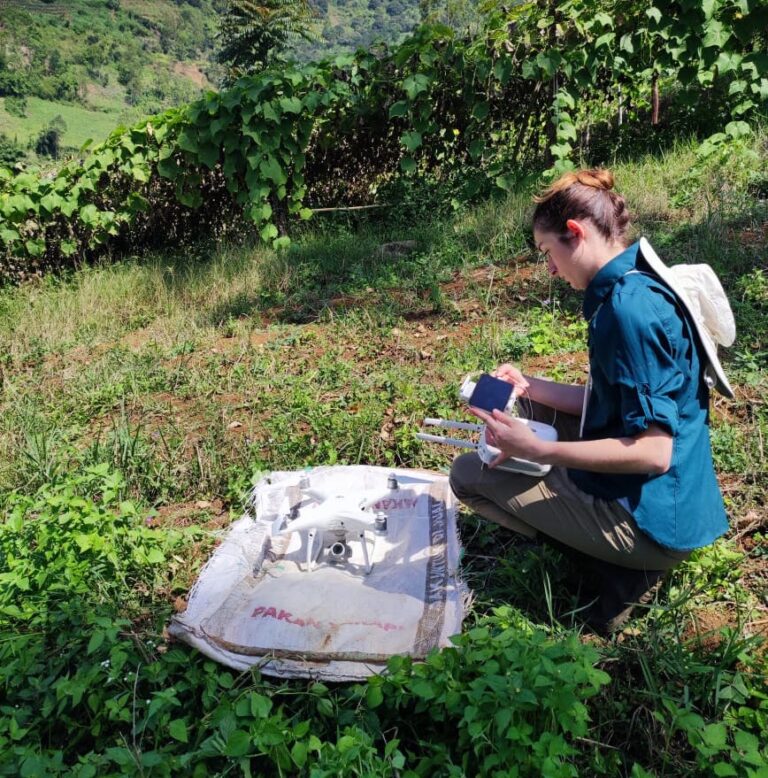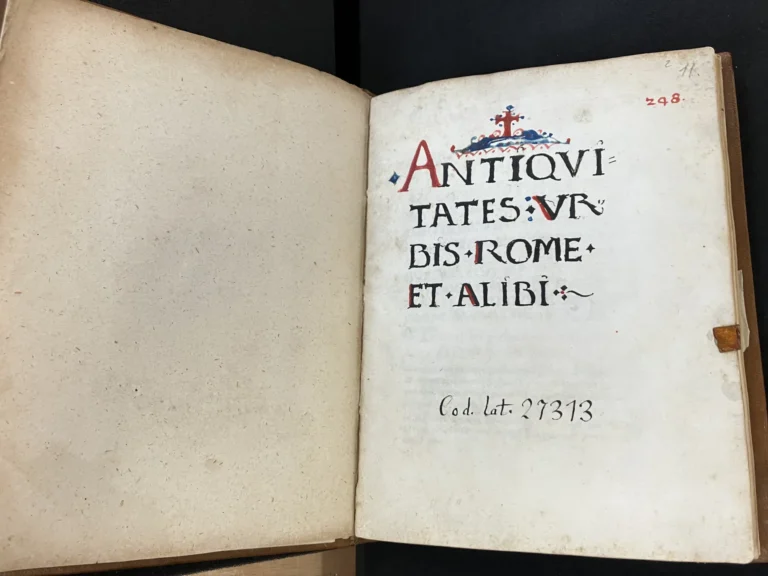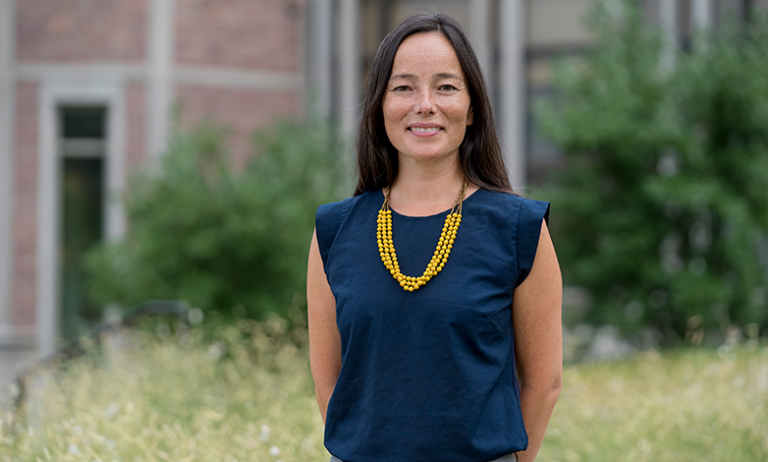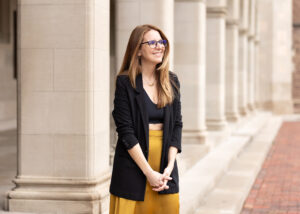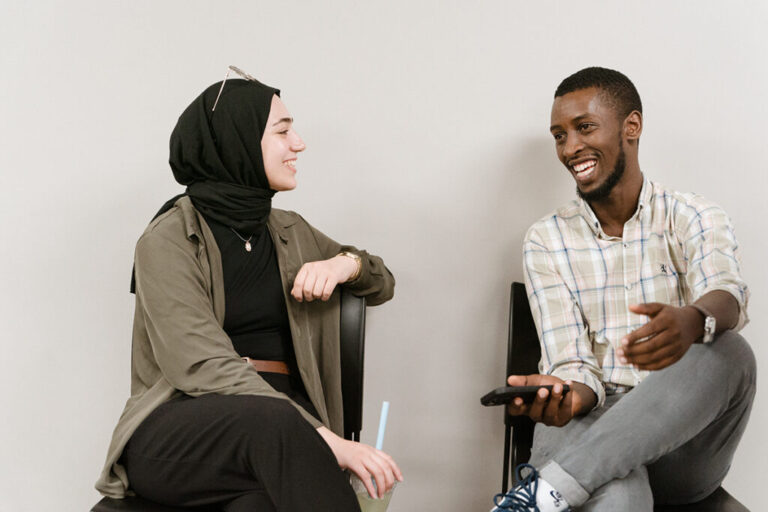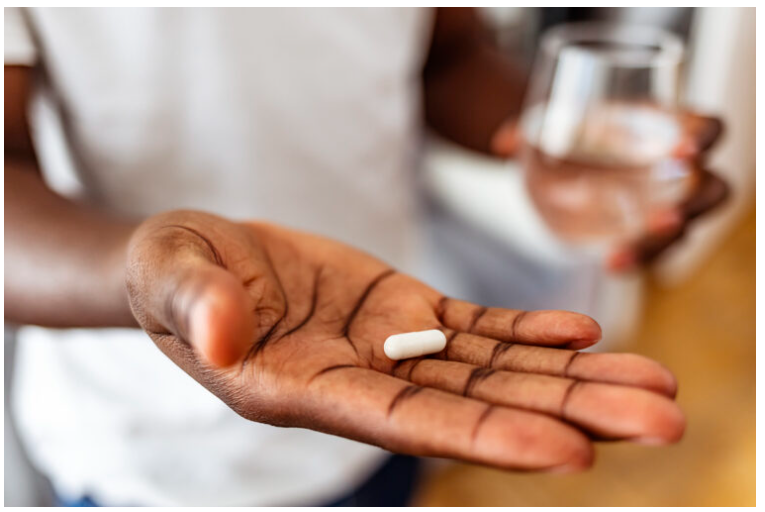Global progress on physical activity at risk, WashU expert warns
A sweeping new analysis from Washington University in St. Louis has found that global progress to promote physical activity — a proven driver of better health — is in danger of stalling or reversing.
Religion, politics and war drive urban wildlife evolution
The downstream consequences of religion, politics and war can have far-reaching effects on the environment and on the evolutionary processes affecting urban organisms, according to a new analysis from Washington University in St. Louis.
Several alumni earn Fulbright awards
Eight recent alumni and one current student of Washington University in St. Louis earned Fulbright awards to travel abroad to teach English or to conduct research in the 2025-26 academic year.
Environmental futures
Across all Washington University in St. Louis campuses, scores of researchers share a drive to understand the natural forces that shape our climate, health, culture and physical world.
Hello Kitty, McDonald’s and K-pop
What do K-pop music and McDonald’s restaurants have in common? Not much, actually. But these iconic institutions are great entry points into the study of modern East Asian culture.
Research in Munich: Justin Meyer Reports on Biggs-Funded Trip
Thanks to the support of a Penelope Biggs Travel Award and the Department of Classics, Lecturer Justin Meyer traveled to Munich and Augsburg this spring to conduct research at the Bavarian State Library and the Staats- und Stadtbibliothek Augsburg.
Seelinger gives keynote at international conference on sexual violence
Kim Thuy Seelinger, a research associate professor at Washington University in St. Louis, will give a keynote address at the international conference June 2 at Monash University in Melbourne, Australia.
Mrozinski wins Calibre Essay Prize
Jeanette Mrozinski, a master of fine arts candidate in creative nonfiction in WashU’s Writing Program in Arts & Sciences, has won the 2025 Calibre Essay Prize from the Australian Book Review (ABR).
CAPS Empower program to receive award
The WashU Empower program will receive a “What’s Right with the Region” Award from Focus St. Louis at its 28th annual celebration event May 15.
Machine learning could help predict adherence to HIV treatment
Nearly 85% of the 1.7 million adolescents with HIV live in sub-Saharan Africa, along with half of the nearly 40 million people in the world living with HIV. Although the government in Uganda provides free antiretroviral treatment (ART), adherence to the regimen by adolescents ages 10-16 is low, increasing the potential for the virus to further spread.

